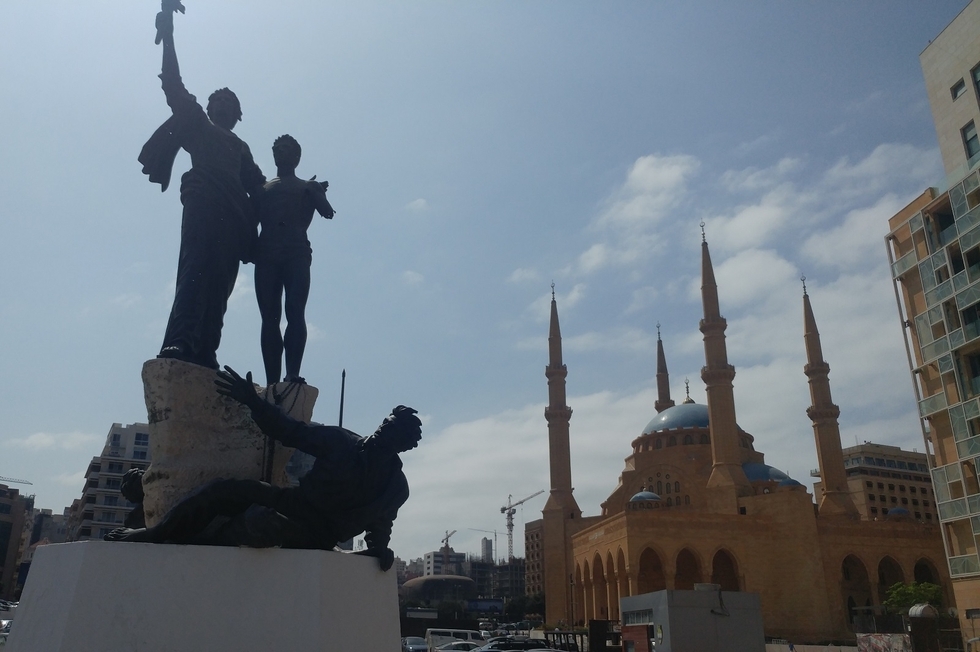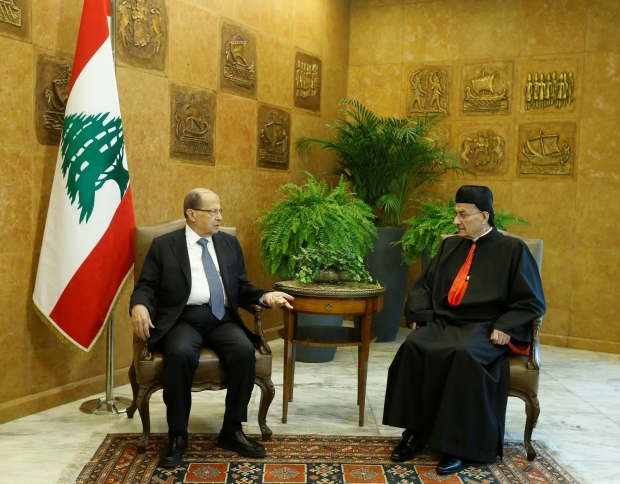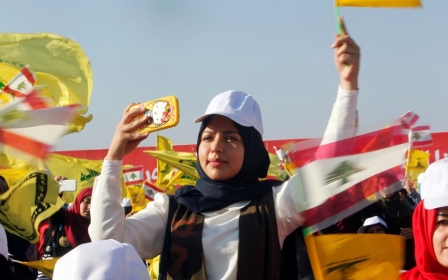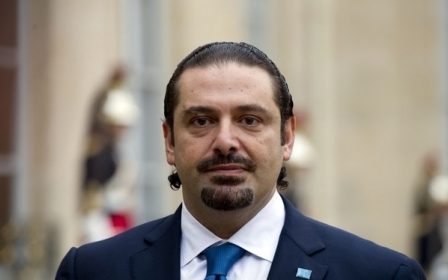Saudi Arabia, Kuwait, UAE urge their citizens to leave Lebanon

Saudi Arabia, Kuwait and the UAE on Thursday urged their citizens to leave Lebanon "as soon as possible", days after Lebanese Prime Minister Saad Hariri announced his resignation while visiting the kingdom.
The announcement was followed on Thursday by a Bahraini order that its citizens leave Lebanon.
"Due to the situation in the Republic of Lebanon, the kingdom asks its nationals visiting or living in Lebanon to leave as soon as possible, and advises its citizens not to travel there," said a Saudi foreign ministry source, quoted by state news agency SPA.
Kuwait called on "all its citizens to leave Lebanon immediately" and avoid going there as a precautionary measure, state agency KUNA reported a person at the foreign ministry as saying.
The travel warning follows a tumultuous week in relations between the states after Hariri announced, in a televised 4 November speech from Riyadh, that he was stepping down from his position.
He cited Iran's "grip" on Lebanon and threats to his life, but the shock announcement raised fears that Lebanon - split into rival camps led by Saudi-supported Hariri and the Iranian-backed movement Hezbollah - may once again descend into violence.
Hariri, who also holds Saudi nationality and whose wife and children live in the kingdom, has since met Saudi King Salman and travelled to the United Arab Emirates, according to official media in the Gulf states.
The escalation has prompted fears of economic sanctions against Lebanon, including the withdrawal of funds by Saudi and other Gulf banks and construction firms. Lebanese officials have speculated that Hariri may be under house arrest in Saudi Arabia.
Hariri’s “Future” parliamentary bloc added fuel to those speculations when it called for the prime minister’s return to Lebanon.
In a statement on Thursday, the lawmakers said Hariri must return to Beirut “within the context of respecting the Lebanese (state) legitimacy, as represented by the constitution.”
But later on Thursday, former Lebanese PM Fouad Siniora, who is close adviser to Hariri, clarified that the statement was not aimed at Saudi Arabia. He said Hariri should return to Lebanon and to the premiership, and head a more balanced government that is not hostile to Arab neighbours.
"Economically this will affect the Lebanese people," Amal Saad at the Lebanese University told Middle East Eye.
"There are billions of dollars in remittances... Almost every household in Lebanon has a family member in the Gulf... Now everyone's talking about an economic war."
A Saudi citizen living in Lebanon who wished to remain anonymous told Middle East Eye that she was "not surprised" by the announcement Saudi citizens should leave.
"No one really knows what's happening. I'm just hoping it's a lot of diplomatic scare tactics," she said.
"I worked hard to come here, because I hoped to see a long-term future for myself in Beirut. I hope it's just a disruption."
In Saudi, calls for Lebanese citizens to leave the country were trending on Twitter, with a hashtag translating as "the deportation of Lebanese is a national demand" used 26,000 times by Thursday evening.
On Thursday a spokesperson for Lebanon's Maronite Patriarch Beshara al-Rai said he had received "a positive response" from Saudi officials over the possibility of visiting the kingdom to meet Hariri.
After meeting Lebanese President Michel Aoun, Rai said he would convey a message to Riyadh that Lebanon should remain neutral towards regional conflicts.
Aoun has said he will await Hariri's return before taking any decision, while Hezbollah chief Hassan Nasrallah said Hariri's resignation had been "imposed" by Saudi Arabia.
The resignation coincided with the announcement in Saudi Arabia of an "anti-corruption" purge in which dozens of princes, ministers and businessmen have been rounded up.
New MEE newsletter: Jerusalem Dispatch
Sign up to get the latest insights and analysis on Israel-Palestine, alongside Turkey Unpacked and other MEE newsletters
Middle East Eye delivers independent and unrivalled coverage and analysis of the Middle East, North Africa and beyond. To learn more about republishing this content and the associated fees, please fill out this form. More about MEE can be found here.





